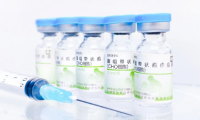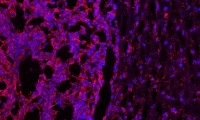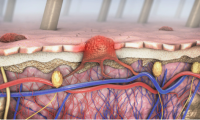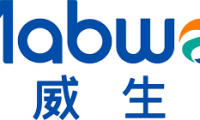-
Spit Test Detects Breast Cancer in Five Seconds
- Source: drugdu
- 103
- February 21, 2024
-
Accurate Blood Test for Detecting Malignant Brain Tumors Could Help Patients Avoid Risky Surgery
- Source: drugdu
- 158
- February 21, 2024
-
FDA Grants Accelerated Approval to Iovance’s Amtagvi for Unresectable or Metastatic Melanoma
- Source: drugdu
- 182
- February 21, 2024
-
How Digitizing Data Collection and Analysis in Biopharma Can Drive Better, Faster Insights
- Source: drugdu
- 160
- February 21, 2024
-
FDA Approves First Cellular Therapy to Treat Patients with Unresectable or Metastatic Melanoma
- Source: drugdu
- 148
- February 21, 2024
-
MABWELL’s bio-iron homeostasis macromolecule regulatory drug 9MW3011 received FDA orphan drug designation
- Source: drugdu
- 122
- February 21, 2024
-
GSK’s Omjjara recommended by NICE to treat myelofibrosis patients with anaemia
- Source: drugdu
- 153
- February 21, 2024
-
Daiichi Sankyo and AstraZeneca’s lung cancer antibody set for FDA review
- Source: drugdu
- 135
- February 21, 2024
-
Health Executives Are Implementing Digital Health, But Aren’t Seeing ROI Yet
- Source: drugdu
- 135
- February 20, 2024
your submission has already been received.
OK
Subscribe
Please enter a valid Email address!
Submit
The most relevant industry news & insight will be sent to you every two weeks.













